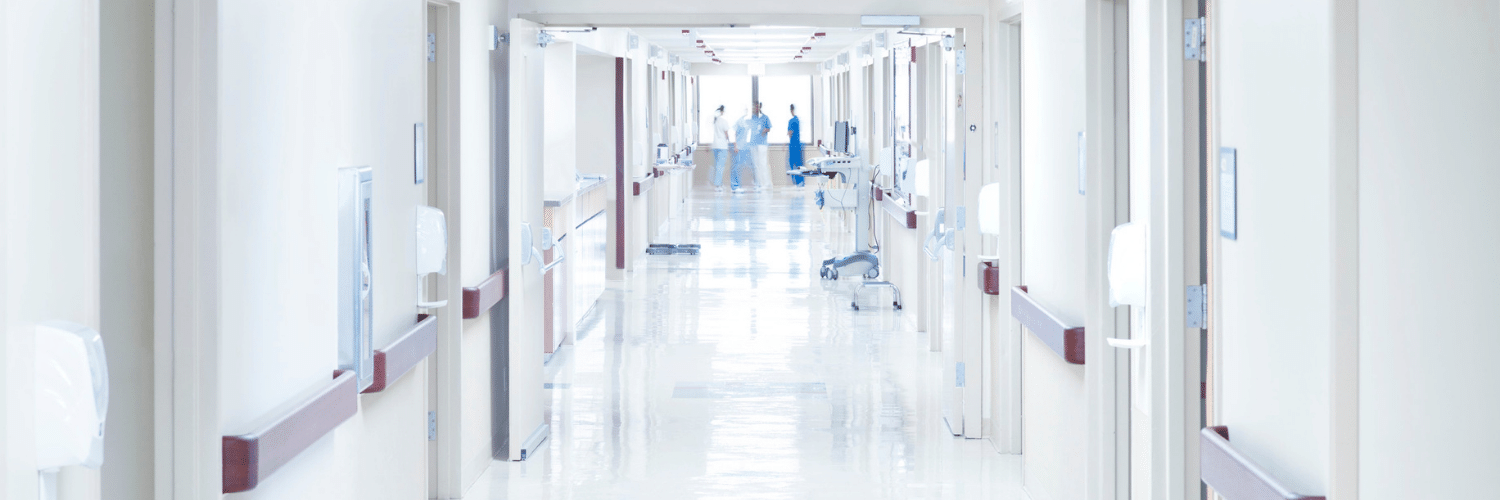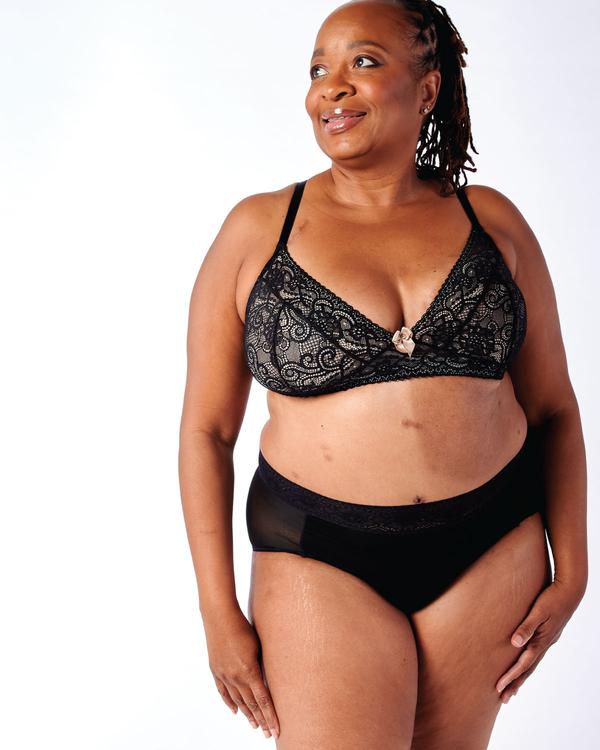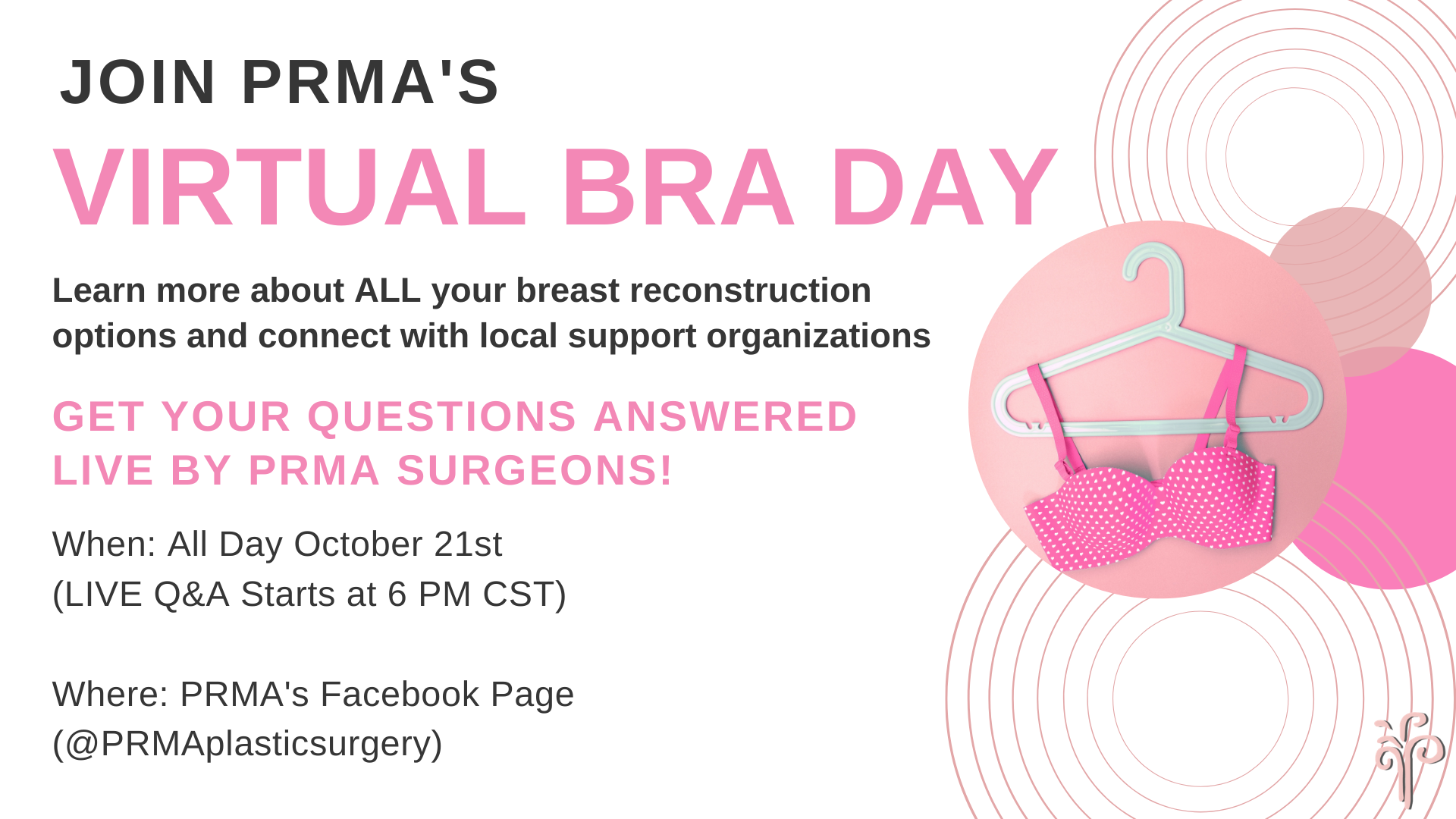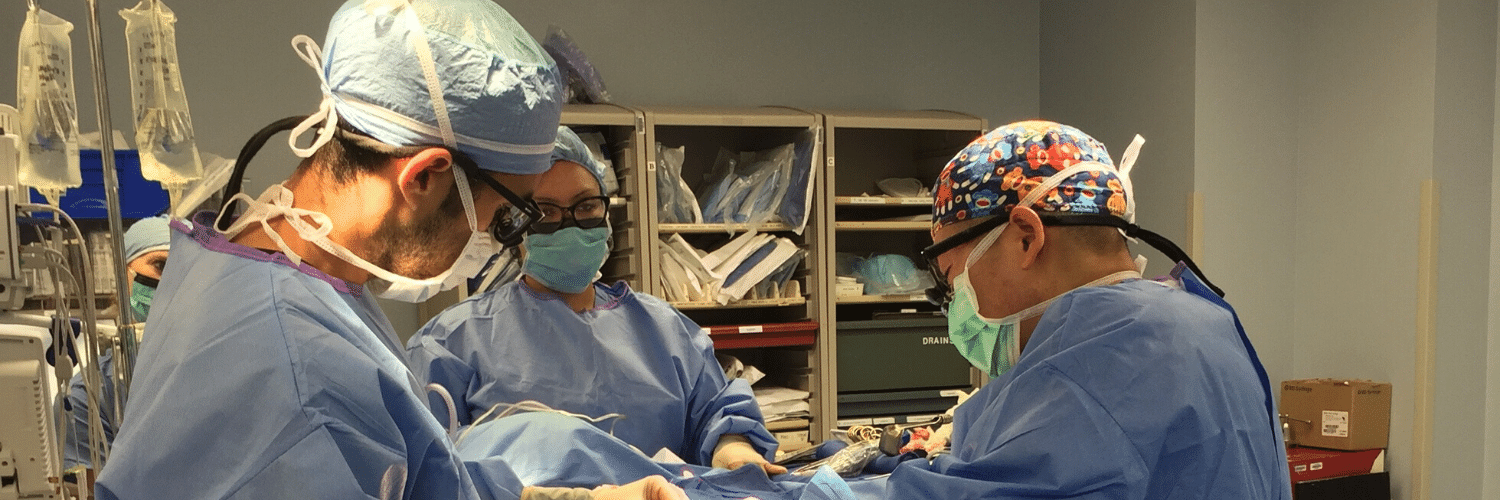
- 3 Comments
- PRMA Plastic Surgery
What is the Breast Cancer Patient Education Act?
Last week the breast cancer community received some good news! The Breast Cancer Patient Education Act passed! Read below to learn more about how this new legislation will help educate women of their breast reconstruction options.
ARLINGTON HEIGHTS, Ill. – The American Society of Plastic Surgeons (ASPS) today praised Congress for enacting ASPS’s top legislative priority, the Breast Cancer Patient Education Act (BCPEA), as part of the omnibus spending legislation. ASPS proudly led the stakeholder effort to advance this bipartisan policy, first introduced in 2012, and worked closely with its champions in Congress to shepherd it through the legislative process. The BCPEA was introduced by Representatives Leonard Lance (R-NJ) and Kathy Castor (D-FL) in the House and Senators Roy Blunt (R-MO) and Sherrod Brown (D-OH) in the Senate. ASPS extends special thanks to these leaders for their commitment to supporting patients facing a breast cancer diagnosis.
“This is a proud day,” said ASPS President David Song, MD, MBA. “ASPS has engaged in years of grassroots and direct advocacy in support of this bill, and so this is a victory for our organization and for the specialty of plastic surgery. Most importantly, though, it is a victory for our patients who have survived breast cancer. Every woman has a legal right to reconstructive services if their insurer covers breast cancer treatment, and ASPS has always believed that they also have a right to be informed about their reconstructive options. In that vein, ASPS has long been troubled by – and worked to fill – gaps in access to reconstructive services resulting from gaps in patient knowledge. This law is a major step toward the goal of universal patient awareness of their reconstructive rights.”
Since passage of the Women’s Health Care and Cancer Rights Act in 1998, health plans that offer breast cancer coverage have been required to provide coverage for breast reconstruction and prostheses. However, less than half of all women requiring a mastectomy are currently offered breast reconstruction surgery and fewer than one in five elect to undergo the procedure. While there is little consensus as to why women do not choose to undergo the procedure following their mastectomy, a recent study in The Journal of the American Medical Association confirmed that almost one-fifth of women who do not undergo breast reconstruction reported a lack of knowledge regarding the procedure.
The Breast Cancer Patient Education Act addresses this problem by requiring the Secretary of Health and Human Services to plan and implement an education campaign to inform breast cancer patients of the availability and coverage of breast reconstruction, prostheses and other options. The educational materials would inform women that breast reconstruction is possible at the time of breast cancer surgery, that it may be delayed until after other treatments, or that they may choose not to have reconstruction and instead opt for prostheses or breast forms.
According to Song, the Breast Cancer Patient Education Act is ultimately about “getting the best information in the hands of women and their families to empower them in making the best choice for their care. In recent years, we have gained a deeper appreciation for the fact that cancer treatment leaves not just physical scars, but also psychological, spiritual and emotional scars. Reconstruction can play a role in treating those non-physical forms of pain, and all members of the cancer team have an obligation to, at a minimum, make sure that their patients understand their treatment options. Anything less is unacceptable. That is why ASPS worked so hard to pass this legislation and why we are so happy to see it become law.”
According to the American Cancer Society, more than 230,000 women will be diagnosed with new cases of invasive breast cancer in 2015.
Author: Dr. Minas Chrysopoulo and Courtney Floyd
A study published in Plastic and Reconstructive Surgery examined the abdominal recovery rates and patient satisfaction after breast reconstruction with different abdominal flaps: the DIEP, SIEA and muscle-sparing free TRAM.
Leave Comment

A banner day for so many women. Excellent work ASPS!
Anonymous
July 20,2020

Wow, I would love to have breast reconstruction. I am a 11 BC survivor
Anonymous
July 20,2020

This is progress toward equal health care for women. Let all your friends know about this change – they will tell others who will tell their friends. The information needs to get out to everyone!
Anonymous
July 20,2020
Sign Up for Our Monthly Newsletter
Continue Reading

Hospital Stay After DIEP Flap Breast Reconstruction: What to Expect
Hospital Stay After DIEP Flap Breast Reconstruction: What to Expect December 09, 2020 Share on Facebook Twitter Linkedin Following DIEP flap breast reconstruction, patients are typically in the hospital for about 2-3 days. During that time, patients often wonder what they should expect. Here is what a typical hospital stay for PRMA patients entails… Flap […]

Breast Reconstruction Surgery and Your Period
Breast Reconstruction Surgery and Your Period December 02, 2020 Share on Facebook Twitter Linkedin During our pre-operative appointment with patients, a topic that occasionally arises is menstrual cycles. It is completely normal for women to experience changes with their periods throughout breast cancer treatments. These can be temporary or permanent. Periods can be unpredictable following […]

What Bras and Abdominal Girdles to Wear After Breast Reconstruction Surgery
What Bras and Abdominal Girdles to Wear After Breast Reconstruction Surgery November 17, 2020 Share on Facebook Twitter Linkedin When preparing for breast reconstruction surgery, many patients want to know what types of bras and abdominal girdles they should plan to wear after surgery. Although every surgeon has slightly different preferences, we have put together […]

My 5 DIEP Flap Realities | A Guest Blog From Julie
My 5 DIEP Flap Realities October 28, 2020 Share on Facebook Twitter Linkedin Hi everyone, my name is Julie from It’s a Bosom Thing. I am so happy to be here as a guest blogger and have this opportunity to share with you a few thoughts about life after DIEP Flap Surgery. I was diagnosed […]

PRMA’s BRA Day Virtual Event Recap
PRMA’s BRA Day Virtual Event Recap October 22, 2020 Share on Facebook Twitter Linkedin Yesterday we celebrated Breast Reconstruction Awareness day! Although we missed seeing everyone in person this year, we were still able to spread education and awareness on ALL reconstructive options through our virtual efforts. We were also able to share information on […]

Second Stage DIEP Flap Surgery
Second Stage DIEP Flap Surgery September 08, 2020 Share on Facebook Twitter Linkedin DIEP flap breast reconstruction is typically comprised of at least two stages for the best outcomes. The second stage of surgery is commonly referred to as the “revision” stage and is usually performed about three months after the initial reconstruction. The purpose […]

If ‘Flaps’ Are Such A Great Breast Reconstruction Option, Why Doesn’t Everyone Get Them?
If ‘Flaps’ Are Such A Great Breast Reconstruction Option, Why Doesn’t Everyone Get Them? September 08, 2020 Share on Facebook Twitter Linkedin Flap-based breast reconstruction procedures, like the DIEP flap, offer patients a safe, natural implant-alternative option to reconstruction after a mastectomy. Flap surgeries are permanent and are associated with fewer complications after radiation when […]

What is a Skin Island and How is it Used in Breast Reconstruction?
What is a Skin Island and How is it Used in Breast Reconstruction? September 08, 2020 Share on Facebook Twitter Linkedin What is a “skin island”? The term “skin island” is used to describe the remaining visible skin from a transplanted “flap” of tissue. In the setting of DIEP flap breast reconstruction, the skin island […]

Comparing APEX Flap and DIEP Flap Breast Reconstruction
Comparing APEX Flap and DIEP Flap Breast Reconstruction August 10, 2020 Share on Facebook Twitter Linkedin We have been receiving numerous inquiries about the “APEX flap” recently. Patients want to know what it is and how it differs from the DIEP flap. APEX is an acronym that stands for “Abdominal Perforator Exchange”. Many patients believe […]

Monitoring the Health of Your Flap During & After Surgery
Monitoring the Health of Your Flap During & After Surgery July 21, 2020 Share on Facebook Twitter Linkedin Autologous flap (or tissue) breast reconstruction procedures represent today’s most advanced options for rebuilding a breast(s) following mastectomy. The most commonly performed method of flap-based reconstruction at PRMA is the DIEP flap. During this procedure, surgeons transplant skin […]

PRMA Performs 6,000th Free Flap
Having To Travel For Breast Reconstruction Is Still An Obstacle, But It Doesn’t Have To Be


Anonymous
A banner day for so many women. Excellent work ASPS!
Anonymous
Wow, I would love to have breast reconstruction. I am a 11 BC survivor
Anonymous
This is progress toward equal health care for women. Let all your friends know about this change – they will tell others who will tell their friends. The information needs to get out to everyone!